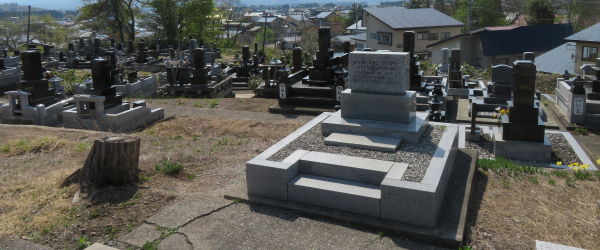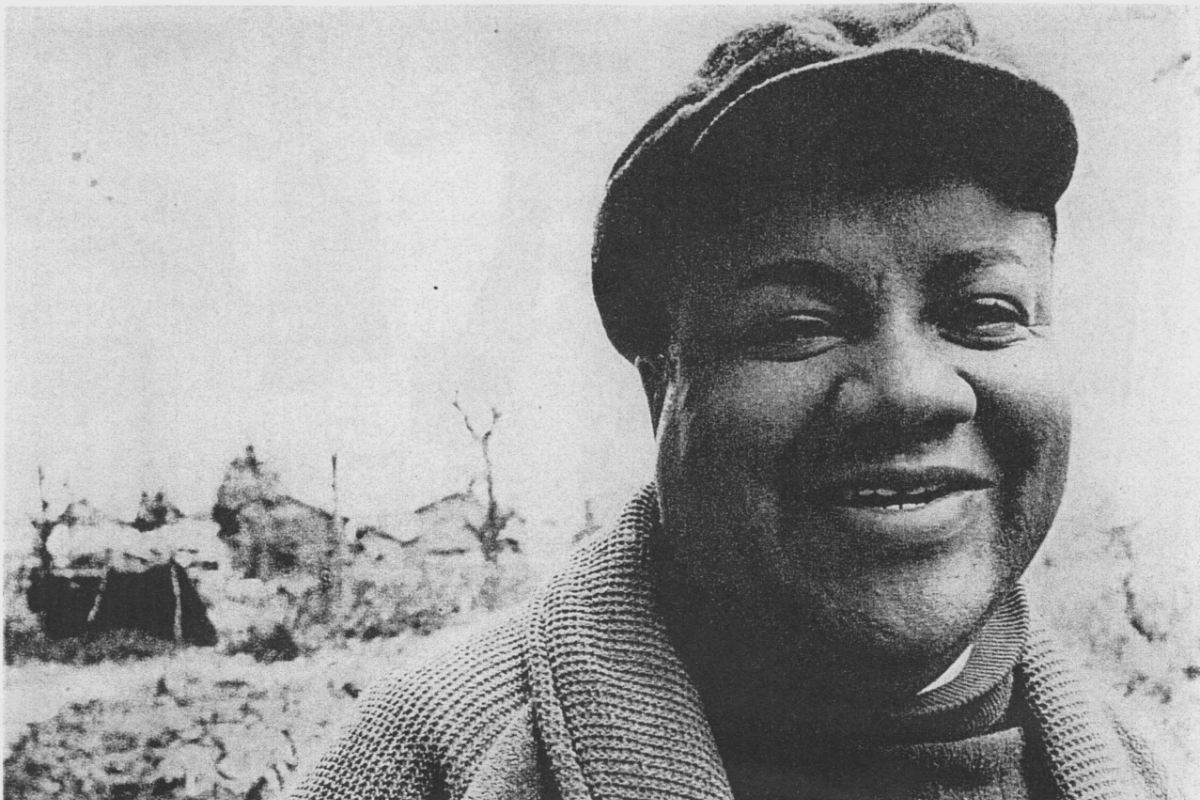
The Gravesite of Dennis Foster
By John Edwards
, a member of SEND’s Japan | Asia
team
Dennis Foster was an independent missionary in Obanazawa from 1964 until his death in 1989. His visa was sponsored by SEND International. His grave is in a city cemetery overlooking Obanazawa. We can see it from our front door. In June and August there is an official gravesite cleaning day at the cemetery. Shion Christ Church, with whom we work, has taken on the official responsibility of caring for Dennis Foster's grave.

Dennis Foster, Missionary to Japan 1957-1989
One day, Pastor Ken Sakamoto picked Andrew, a new missionary on our team, and me up at 5:30 in the morning to help him with cleaning Foster’s gravesite. He brought a bucket, a cloth, a broom, and a hand sickle. We parked, walked to the grave, and began cleaning. Andrew scrubbed the granite stone while I swept dirt away and pulled and cut some weeds.
Pastor Ken introduced himself to many people and often introduced us to them as new missionaries living in Obanazawa. The mayor of Obanazawa was cleaning his family grave just down the row from Dennis Foster's. In fact, the mayor knew Dennis! We found out that Dennis taught the mayor English and music when he was a teenager and a new resident of Obanazawa. That was forty years ago!

Edwards with the Mayor at the cemetery
So much of our being in Obanazawa is clearly orchestrated by God. There's almost nothing we could have planned. Both Christians and non-believers welcome missionaries into this town because missionaries, such as Dennis Foster, committed their lives to loving and reaching the people of Obanazawa for Christ. Even though there hasn't been a missionary living in Obanazawa since 2004, the positive impact they had on this town lasts to this day. Now we’re here in Obanazawa to continue the work that God was doing through Dennis Foster so many years ago.
Learn more about SEND’s teams in Asia!

Additional Posts




